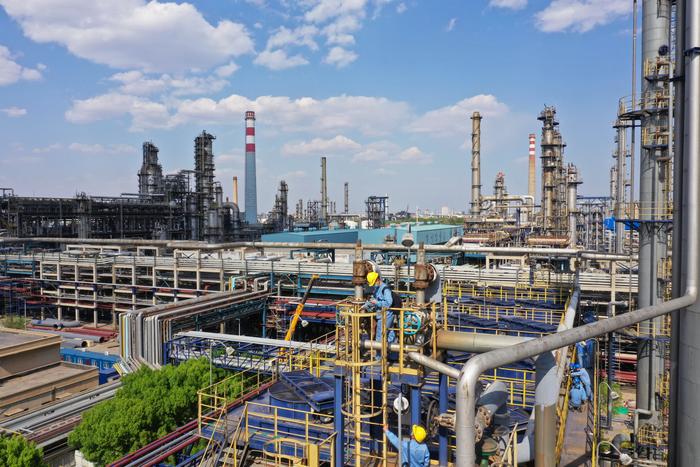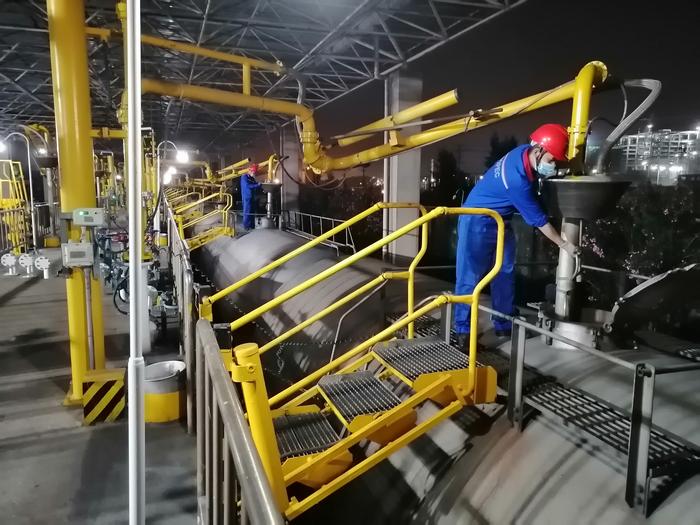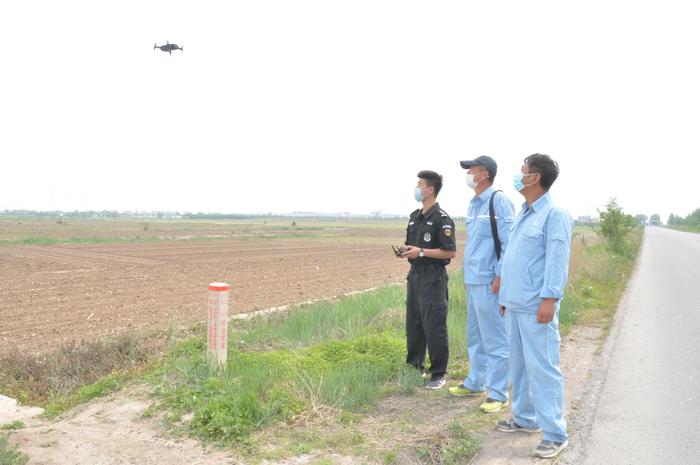|
| 2020-05-26 来源: 中国石化新闻网 |
| 石化新闻 |
|
中国石化新闻网讯 据5月25日OffshoreEnergy报道,卡塔尔能源部长、卡塔尔石油公司(QP)首席执行官萨阿德•阿尔-卡比(Saad al-Kaabi)表示,该国将液化天然气产能提高至每年1.26亿吨的计划,或将带来额外产量的提振。 卡塔尔石油公司目前正在进行北部油气田扩建项目的第一阶段工作,到2025年,将国内液化天然气生产能力从每年7700万吨提高到1.1亿吨。到2027年,该项目的二期工程将新增1600万吨产能。 萨阿德•阿尔-卡比周四在美国-卡塔尔商业委员会(U.s-Qatar Business Council)组织的一次网络直播中表示:“我们正在全力推进北部油田扩建项目。”。该扩建项目的最终在岸商业投标将于9月前截止,合同将于年底前授予。 由于需求大幅下降,导致全球大型能源公司受到了严重冲击,纷纷削减支出和产出。卡比表示,QP不会因为需求减弱而减少液化天然气出口,但会削减支出。QP将在6月将资本和营运支出削减30%。 他表示,作为一家“低成本生产商”,QP能够承受更低的天然气价格,该公司目前没有考虑减产。事实上,如果有可能的话,该公司将扩大生产,产量甚至可能超过计划的每年1.26亿吨。 洪伟立 摘译自 OffshoreEnergy 原文如下: Qatar may boost LNG production beyond 126 mtpa Qatar’s plans to raise liquefied natural gas capacity to 126 million tonnes per year could even see an additional boost, according to Qatar Petroleum’s chief executive Saad al-Kaabi. State-owned QP is currently working on the first phase of the North Field expansion project to raise the country’s LNG production capacity from 77 million to 110 million tonnes per year by 2025. The second phase of the project would add an additional 16 million tonnes of capacity by 2027. “We are going full steam ahead with the North Field expansion projects”, Saad al-Kaabi, who is also Qatar’s energy minister, said on Thursday during a webcast organised by the U.S-Qatar Business Council. He said that the final onshore commercial bids for the expansion project will be received by September and that contracts will be awarded by the end of the year. The world’s largest energy companies have been heavily affected by the demand slump caused by the coronavirus pandemic forcing them to slash spending and output. QP will not reduce its LNG exports due to the weaker demand but will slash spending, according to Kaabi. Kaabi said that QP will be reducing its capital and operating expenses by 30 percent in June. He said that being a “low-cost producer” will help Qatar withstand lower gas prices, and that the state-owned company was not considering cutting production at the time being. “In fact, we are going to expand and even produce more than the planned 126 million tons per annum if and when that becomes possible”, Kaabi said.
|








